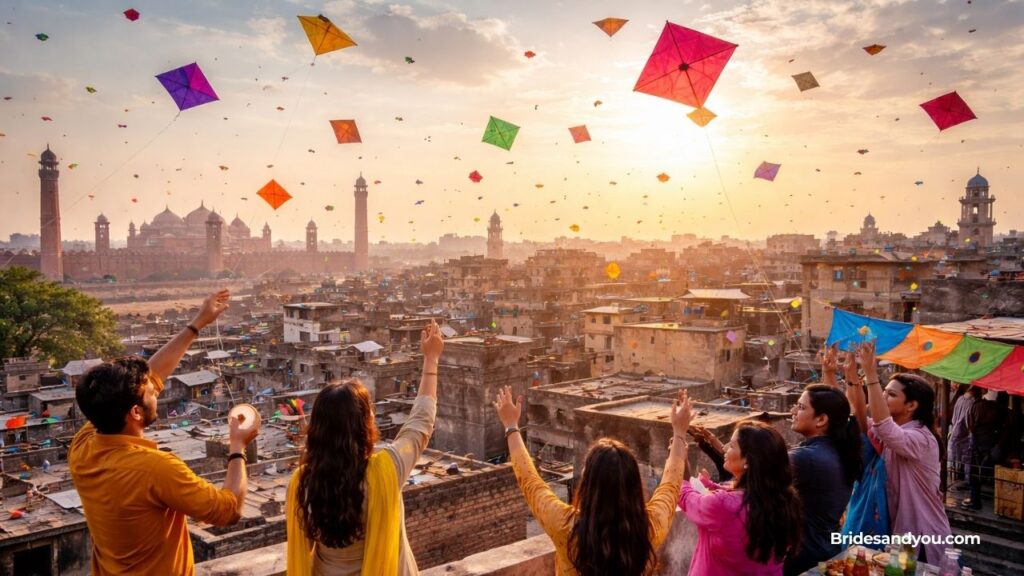Now Reading: Punjab Police Officer’s Heartfelt Welcome to Sikh Yatris Inspires Interfaith Harmony
-
01
Punjab Police Officer’s Heartfelt Welcome to Sikh Yatris Inspires Interfaith Harmony
Punjab Police Officer’s Heartfelt Welcome to Sikh Yatris Inspires Interfaith Harmony

In a time when the world often seems divided by borders and beliefs, a powerful moment of unity recently emerged from Pakistan’s heartland. A Punjab Police officer, Shahid, captured hearts across both sides of the India-Pakistan border with a simple yet deeply meaningful gesture—a soulful sufi kalam sung in honour of visiting Sikh pilgrims.
As Sikh Yatris from India arrived in Pakistan to pay homage at sacred sites such as Nankana Sahib and Kartarpur Sahib, they were greeted not just with protocol, but with warmth and reverence. Officer Shahid welcomed them by singing a beautiful sufi kalam penned by revered Punjabi mystic poet Mian Muhammad Bakhsh. His voice echoed the spiritual and cultural unity deeply embedded in the soil of Punjab—a land where sufi saints and Sikh Gurus once walked the same ground.
This deeply emotional and symbolic moment quickly went viral on social media. Netizens flooded comment sections with praise and heartfelt messages. “His parents raised him well,” wrote one user, while another proudly declared him an “ambassador of peace.” People were moved not only by his melodious voice but by the cultural message it carried—one of mutual respect, shared heritage, and compassion.
A Song That Crossed Borders
What made Shahid’s gesture so powerful was its authenticity. He did not perform as part of a public relations stunt or an official directive. Instead, he acted from the heart—bridging communities through the language of love and music. His kalam reflected a shared Punjabi ethos, one that transcends religious labels and national borders.
Both Sikhism and Sufism share a strong spiritual connection to Punjab’s land, music, and history. This moment reminded everyone that beyond political narratives, there lies a shared humanity. Shahid’s voice became a symbol of this unity.
Reframing the Image of Police through Empathy
The police force is often associated with authority, control, and enforcement. But in this instance, Officer Shahid’s act reframed the public perception. He portrayed the softer side of the uniform—compassionate, cultured, and inclusive.
At a time when religious and political tensions often dominate headlines, Shahid’s act stood out like a ray of hope. It showed how small, genuine gestures can create ripples of positivity and foster long-term goodwill between communities.
It also highlights the significance of welcoming pilgrims with respect and dignity, strengthening interfaith harmony, and fostering cultural understanding. Pakistan, with its rich spiritual heritage, continues to attract devotees from different religions. Gestures like Shahid’s enhance the country’s image globally as a place of hospitality and spiritual warmth.
A Reminder of Punjab’s Shared Legacy
Punjab—divided by geography but united in soul—has always had a deeply intertwined cultural narrative. The music, poetry, food, and traditions of Punjabi people resonate across both sides of the border. Officer Shahid’s rendition of Mian Muhammad Bakhsh’s kalam was a poetic homage to that very connection.
As Sikh pilgrims visited their holy sites, they were welcomed not just by the country but by a fellow Punjabi—reminding them of a shared past, present, and hopefully, a more peaceful future.
Conclusion
In an increasingly divided world, stories like Officer Shahid’s serve as powerful reminders of the good that still exists—rooted in culture, empathy, and shared humanity. His act of singing a sufi kalam wasn’t just a welcome; it was a bridge between two great communities and a lesson in compassion for all of us.
Let us celebrate and support such moments that bring people together, heal wounds, and remind us that peace begins with one simple act of love.













